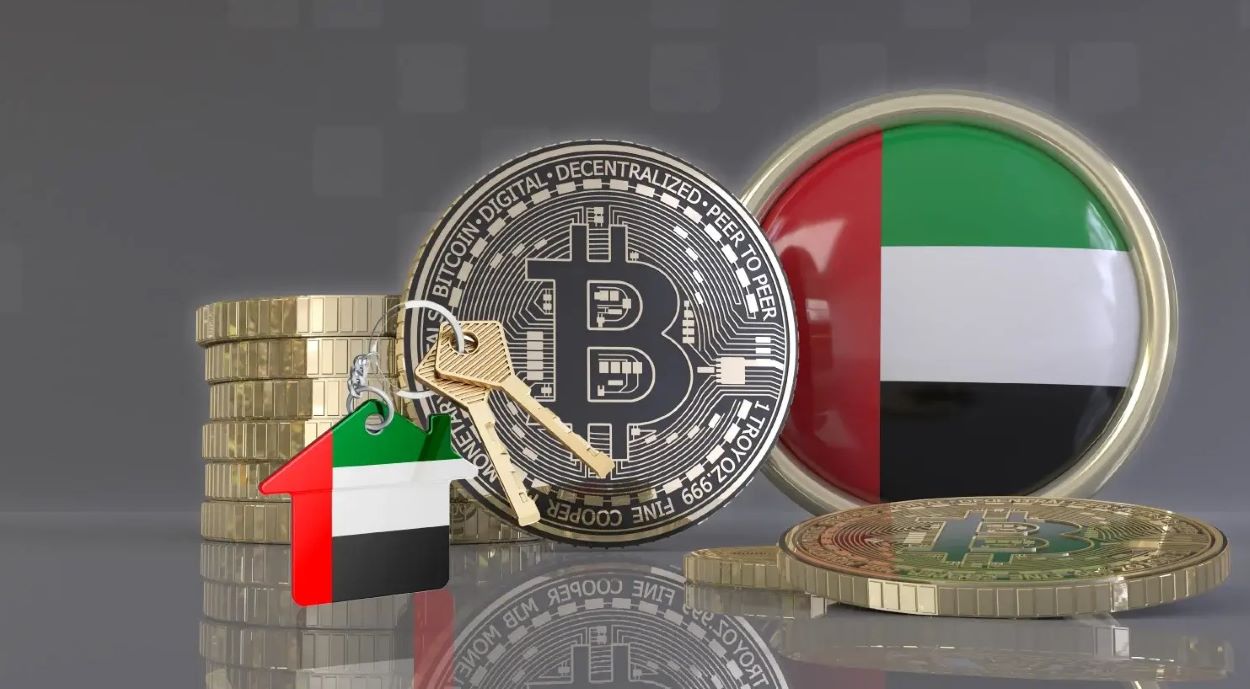Starting November 15, the UAE will no longer apply Value Added Tax (VAT) to crypto transactions, effectively removing the previous 5% tax on crypto transfers and conversions.
The policy change, retroactive to January 1, 2018, requires businesses to voluntarily disclose past transactions to adjust historical returns, as PwC clarified.
Earlier this week, the UAE announced this exemption, aiming to position itself as a leading global hub for Web3 talent and enterprises. Vishal Sacheendran, Binance’s Head of Regional Markets, lauded the decision in an interview with Gadgets360 as a pivotal development for the growth of Web3-related companies in the region.
The adjustment aligns the digital asset industry with traditional financial services by legitimizing the sector without imposing additional tax burdens, thus integrating it more fully into the UAE’s financial landscape.
The UAE should expect significant employment growth within the Web3 sector as the UAE is setting a global benchmark in regulatory approaches to Web3. From 2020 to 2024, several free trade zones in the UAE have been developing regulated, license-backed ecosystems for cryptocurrency and Web3 businesses, which will likely lead to increased opportunities for training and employment in this field.
The UAE’s proactive stance includes establishing the VARA regulatory framework for Web3 and clarifying tax policy about virtual assets. According to the official announcement, virtual assets are defined as “digital representations of value that can be digitally traded or converted and can be used for investment purposes, excluding digital representations of fiat currencies or financial securities.”
The move to eliminate VAT on crypto transactions promises to boost the local economy by attracting Web3 businesses and sets a precedent for other nations considering similar incentives. This policy may also affect global talent migration patterns, where high taxes on Web3 activities have prompted calls for reform.






